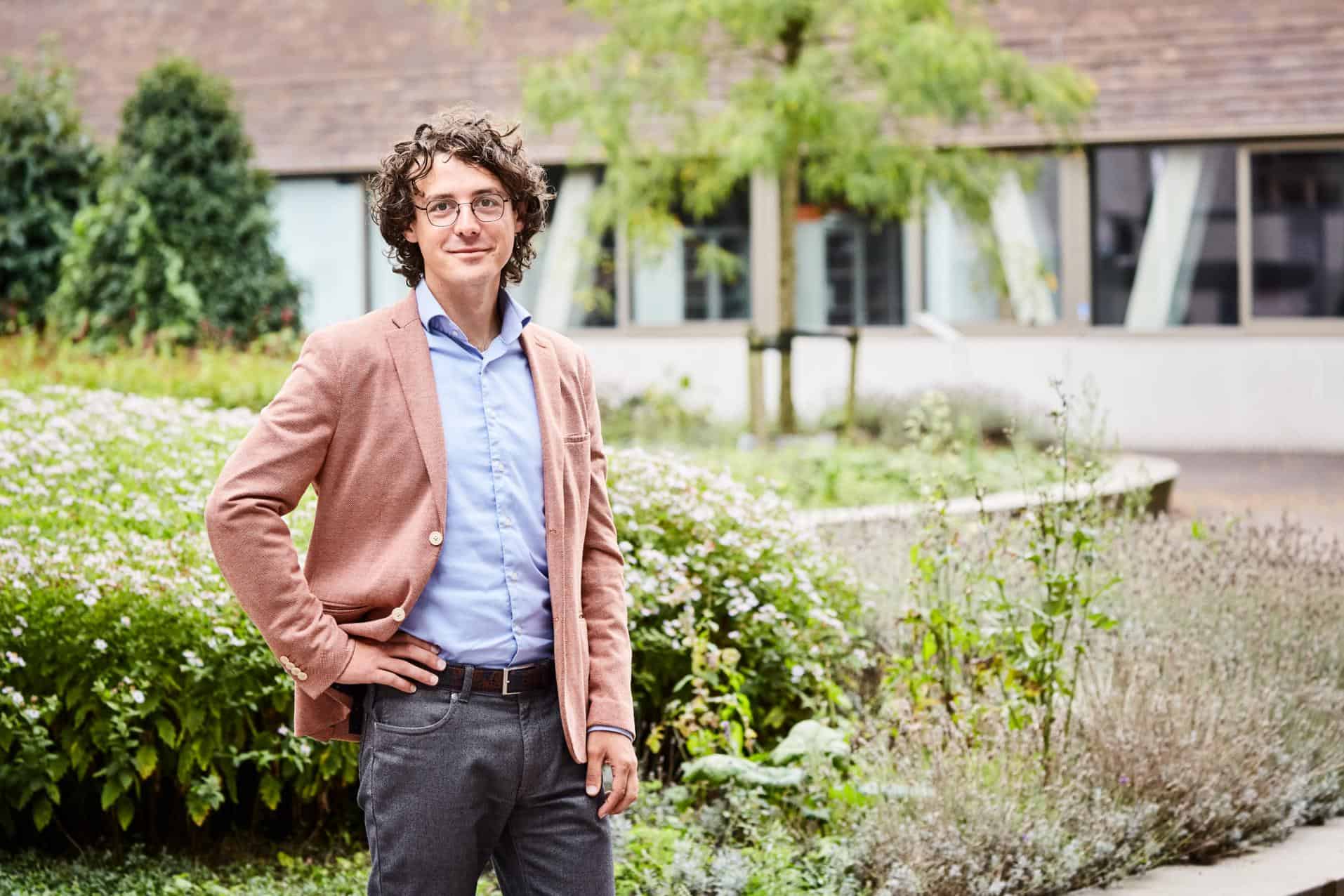
Dutch Minister Jetten’s decision to run coal-fired power stations at full throttle to save gas is a wise one. It’s even wiser to drive at 100 km/h day and night. That will indeed largely compensate for the extra CO2 emissions of more coal power. That extra CO2 emission is not 10 million tons per year, as the FD headlines. 10 million tons per year is the gross CO2 emission from the extra coal power, but it does mean that 5 million tons of CO2 per year from natural gas power are saved. So in net terms, we gain 5 million tons of CO2 per year. That’s 3% of our national emissions. Driving at 100 km/h day and night saves about 2%.
This once again highlights the usefulness of driving slowly. It is by far the easiest and cheapest CO2-saving measure there is, which we should and could have introduced much earlier. It also saves on nitrogen emissions, which are certainly not unimportant in these turbulent times. Hopefully, that max of 100 will remain around the clock, even if we are friends with Russia again. For comparison, global aviation emits about 3% of all CO2. Driving slowly around the world (including Germany) saves as much CO2 as never flying at all. This is as true for fuel cars as it is for electric cars since electricity is about 80% fossil generated.
That’s why the public lecture I’m giving on June 29 together with Fontys colleague Fons Claessen is called ‘from flying shame to driving shame’. I consider speeding to be a dangerous environmental crime, which kills hundreds of people every year. A drive from Eindhoven to Utrecht takes an hour anyway, no matter what you do, so let’s all set the cruise control on our cars and vans to 100.
About this column:
In a weekly column, alternately written by Eveline van Zeeland, Derek jan Fikkers, Maarten van Andel, Eugène Franken, Katleen Gabriels, PG Kroeger, Carina Weijma, Bernd Maier-Leppla, Willemijn Brouwer and Colinda de Beer, Innovation Origins tries to figure out what the future will look like. These columnists, sometimes joined by guest bloggers, are all working in their own way to find solutions to the problems of our time. So tomorrow will be good. Here are all the previous article








